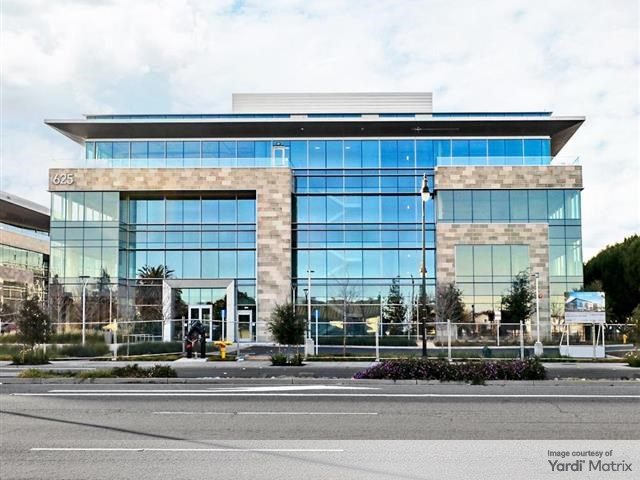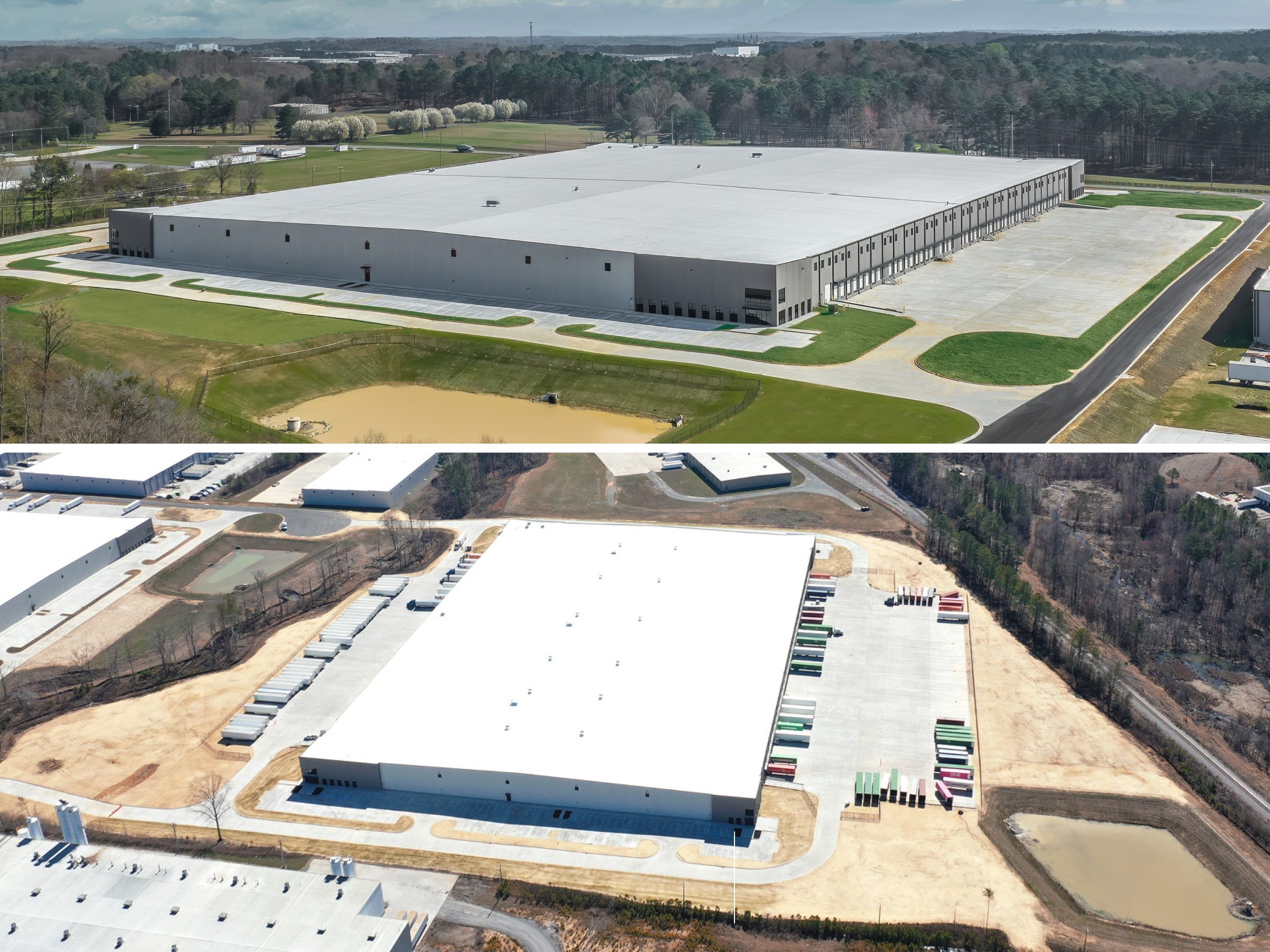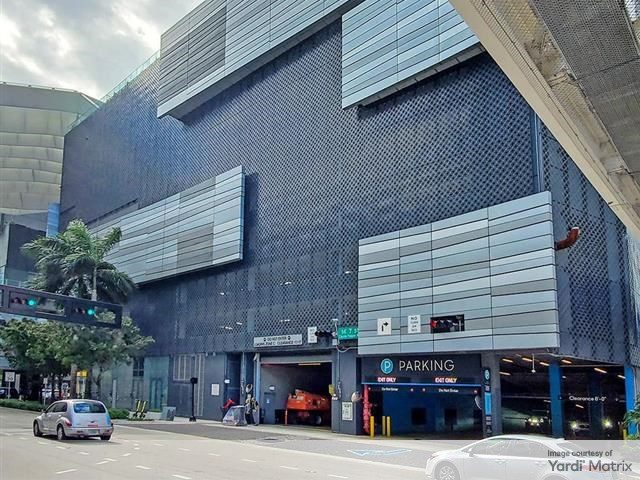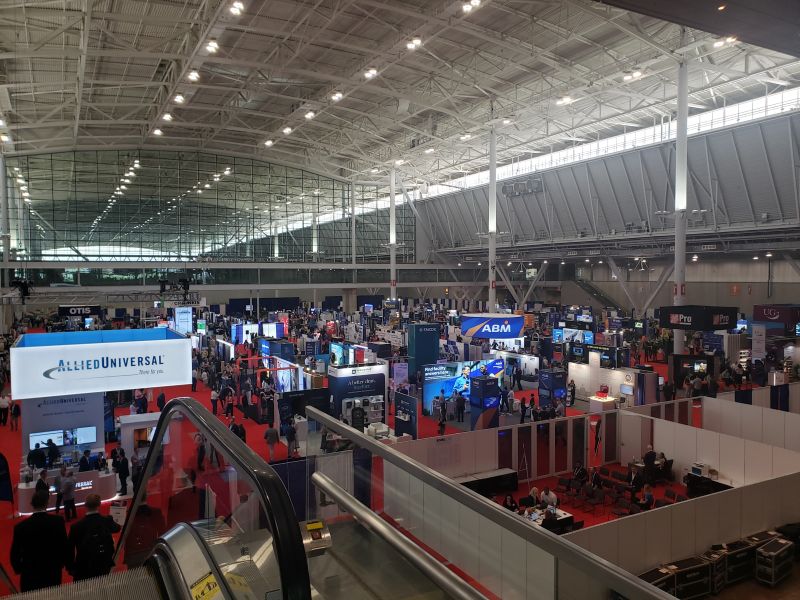Q&A: How Can Hotels Prepare for an Optimized Recovery?
The hotel industry is one of the hardest-hit sectors by the coronavirus outbreak. Kidder Mathews’ John Gordon shares some solutions hotel operators might implement now and going forward.
While some sectors of commercial real estate have been less impacted by the coronavirus outbreak, the lodging industry is already dealing with the burdens caused by the pandemic. In Seattle—one of the first cities affected by the outbreak—hotels that should be 70 to 80 percent occupied during this time of the year are now more than 50 percent empty, according to John Gordon, senior vice president at Kidder Mathews and an expert in the valuation and analysis of lodging properties. Currently, all events are canceled, corporate travel is postponed and tourism is non-existent. A report by the U.S. Travel Association forecasts that the U.S. travel sector might see a 78 percent drop in revenue over the next two months and a 34 percent decline over the year, equal to $400 billion.
READ ALSO: Hospitality Faces Coronavirus Crunch Time
In the interview below, Gordon comments on the effects of the outbreak on hospitality and points to some of the solutions hotel operators might implement to better navigate the crisis caused by COVID-19.
What is the current situation in Seattle, where Kidder Mathews is based, and what do you expect going forward?
Gordon: Nearly half of the hotels in downtown Seattle have suspended operations. Most hope to resume operation in May. Those that remain open have reduced or eliminated food and beverage operations and closed their fitness centers and swimming pools. Once the infection rate begins to decline, business travel should resume within a few months. Tourism will not return to normal levels until 2021. Since many group events are booked well in advance, group demand will remain low until 2022.
Tell us about the situation in other markets on the West Coast. Do you have any updates?
Gordon: Based on the timing of the first reported cases, it looks as though Portland is two to three weeks behind Seattle. I have not heard about California.
COVID-19 threatens to impact demand for all commercial property types. How will hotels be impacted compared to other asset types?
Gordon: Most real estate is leased for one or more years. The lease term of a hotel guest room is one day. This makes hotels especially vulnerable to a short-term downturn. Hotels and restaurants will suffer the most.
The sector had no time to prepare for such an unprecedented crisis in the modern world. What can hotel operators do to find some relief?
Gordon: Ask lenders to defer debt service through the summer. Seek wage subsidies from local, state or federal government. If you manage several hotels in a market, try to consolidate operations into one. Make the hard choice between partial layoffs and temporary closure.
Mid-scale or budget hotels might consider suspending conventional operations and offer rooms for residents under voluntary quarantine. What are some of the necessary steps hotel operators should follow to be able to manage their properties in such situations?
Gordon: This would work best for hotels with in-room kitchens. Minimize guest services, such as housekeeping, perhaps by simply providing sheets and towels. Include a simple menu of grocery items that guests can order through the front desk, with staff delivering them to the hallway outside the room. Keep your room rates affordable or consider a short-term lease to a local government agency or non-profit. Once the space is no longer needed, carry out a very complete and well-publicized cleaning of the hotel prior to resuming normal operation.
READ ALSO: Hurt by Virus, Hotels Turn Hospital
Hotels and casinos in Nevada, New Jersey and Connecticut were forced to shut their doors to help stop the spread of the virus. What are the chances that such measures will be implemented in other states across the country?
Gordon: No one can assess the odds of it happening, but it would not be a surprise. Any venue that hosts large gatherings is at risk until the infection rate subsides.
How do you expect COVID-19 to impact the hotel sector in the long term?
Gordon: If the virus does not recur, I expect that the industry will fully recover by 2022. In the near term, expect low rates of occupancy and a focus on business travel. Tourists and groups will take longer to return.
How can hotels prepare for a fast, optimized recovery?
Gordon: Keep lines of communication open with furloughed staff and corporate clients. Plan to ramp up gradually over the next two years, as the market recovers. If you make your rooms available for voluntary quarantines, carry out a thorough and well-publicized cleaning before resuming normal operations.







You must be logged in to post a comment.